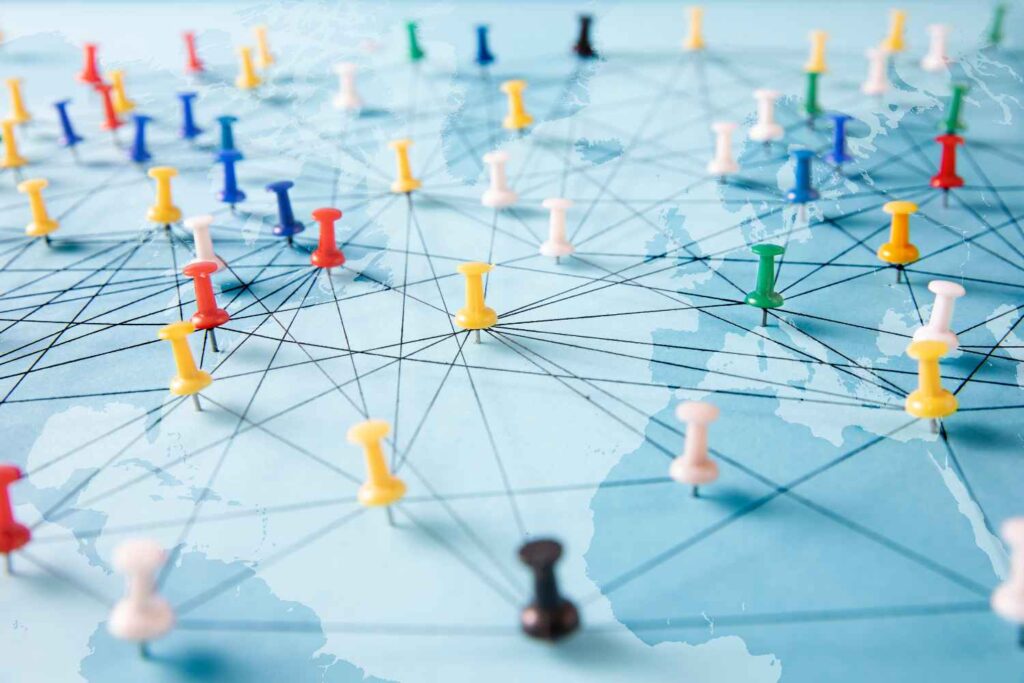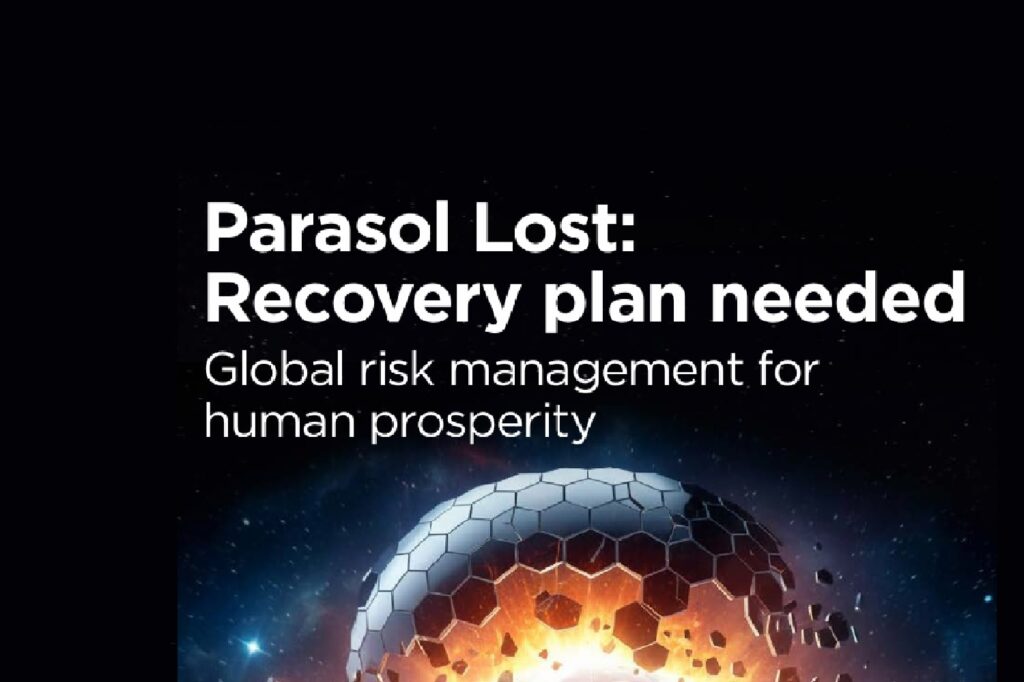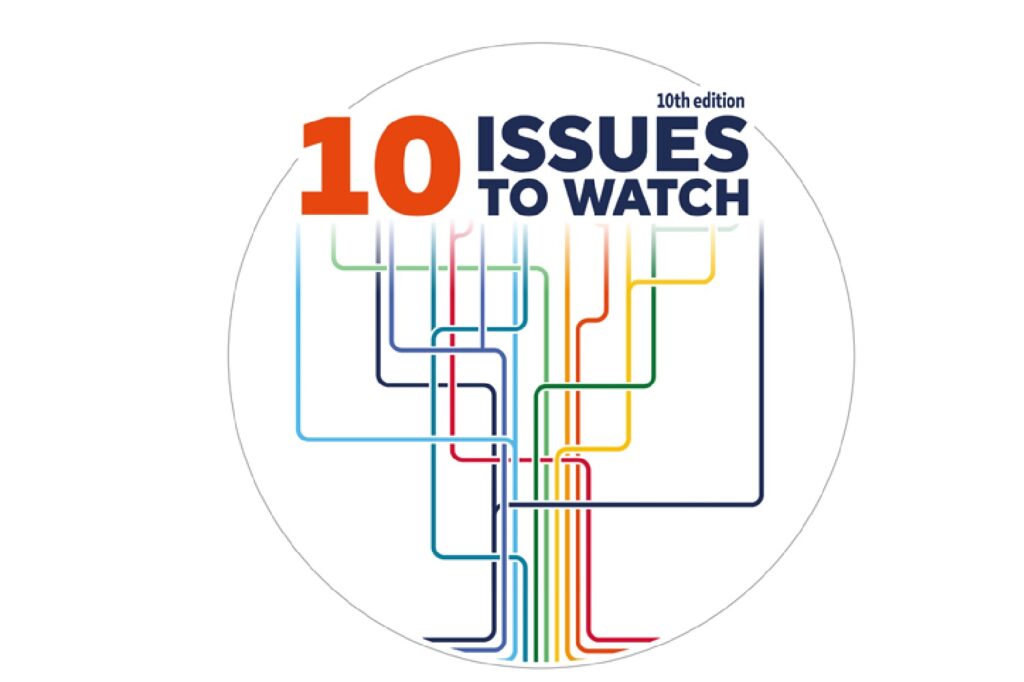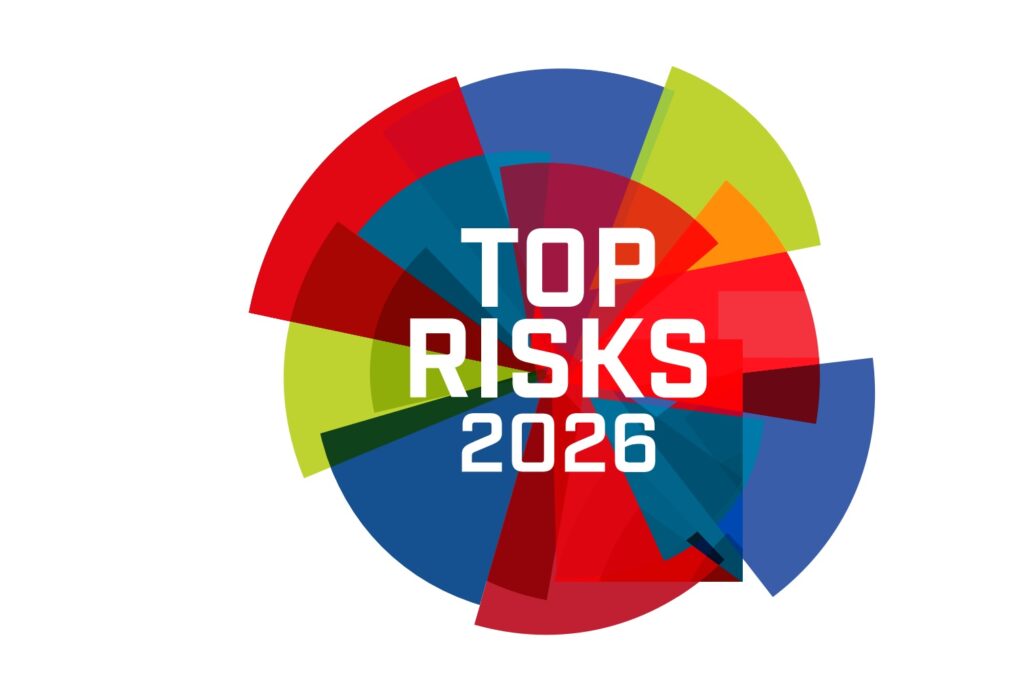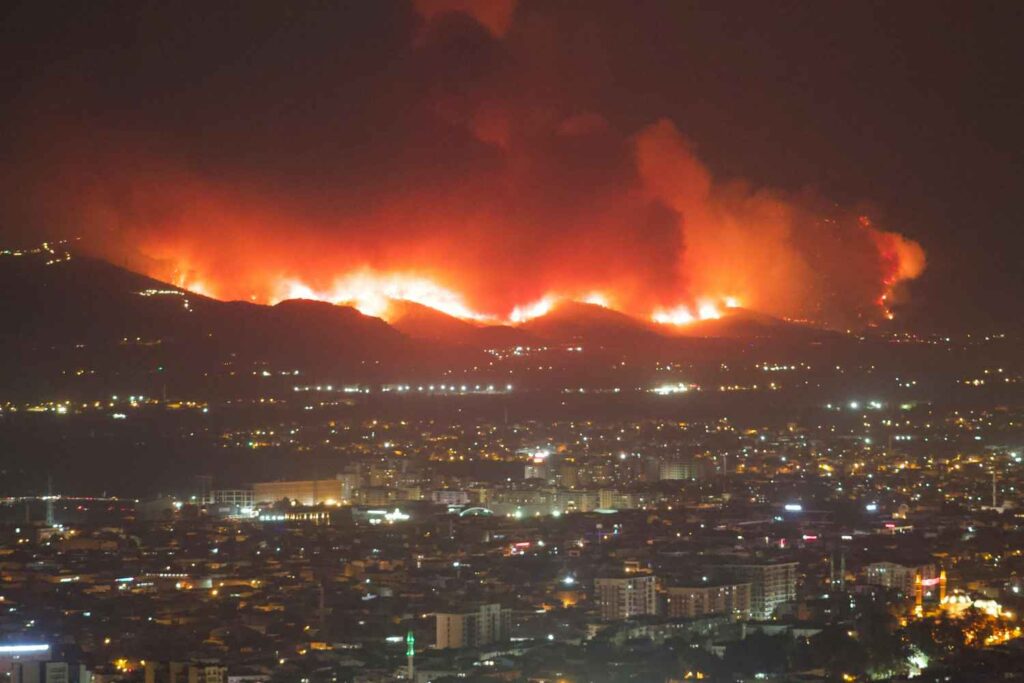We Are Living in a Time of Polycrisis. If You Feel Trapped – You’re Not Alone
Theresa MacPhail
The author explores the psychological toll of living through a polycrisis, characterised by the convergence of multiple, compounding global threats. Drawing on insights from psychologists and anthropologists, the article examines…



